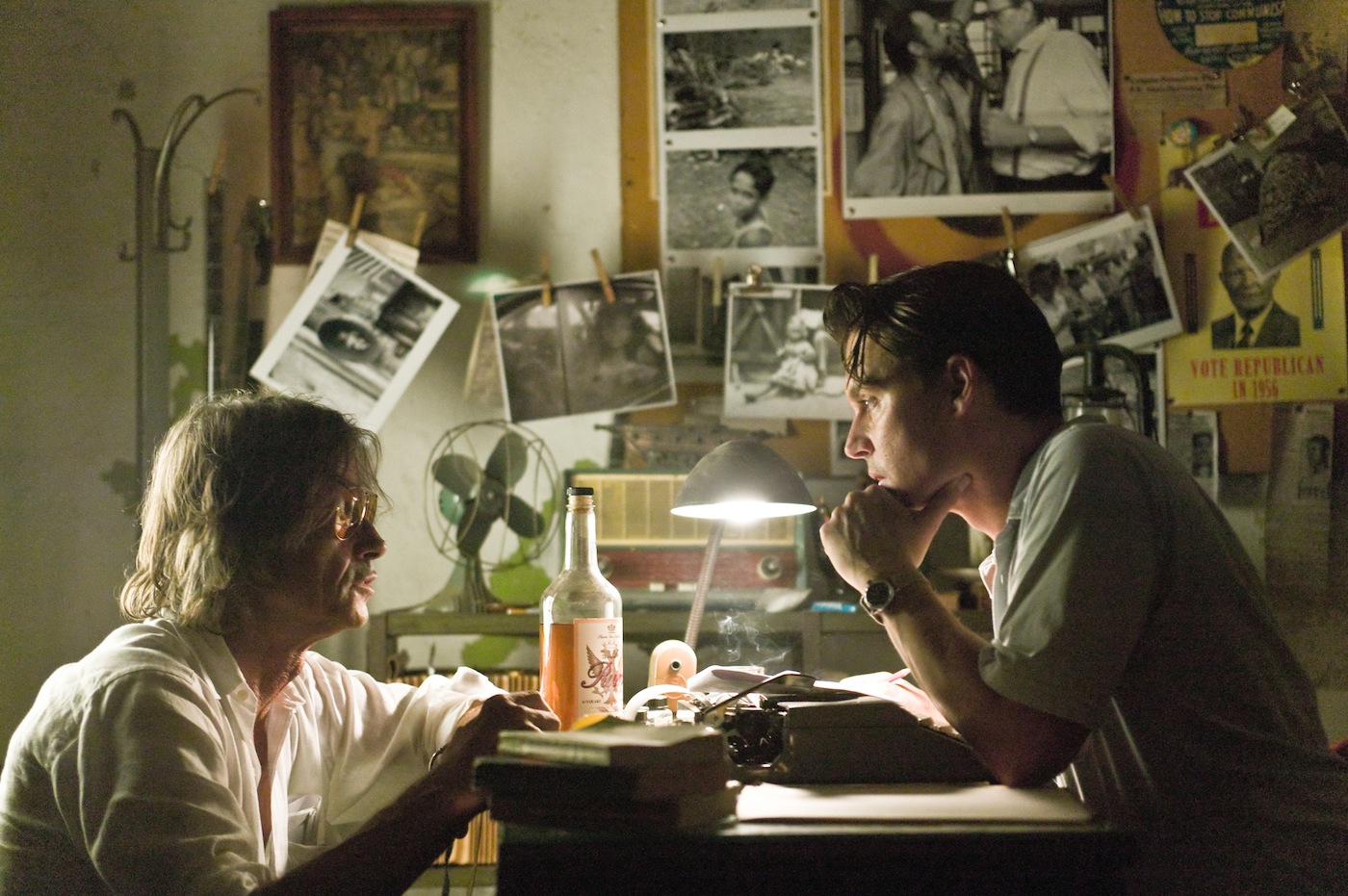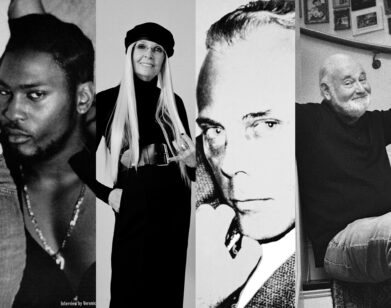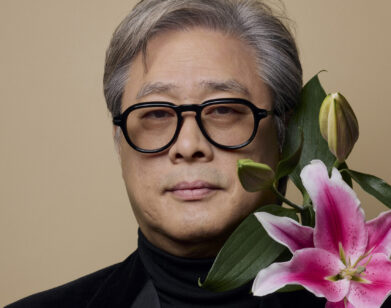Johnny Depp and Some Expert Friends Crack Open The Rum Diary

THE RUM DIARY DIRECTOR BRUCE ROBINSON AND STAR JOHNNY DEPP, ON SET
PHOTO COURTESY OF FILMDISTRICT/GK FILMS
This week, the spirit of Hunter S. Thompson was briefly reincarnated when Columbia University Journalism School hosted a panel discussion, “The Life and Legacy of Hunter S. Thompson,” in anticipation of The Rum Diary‘s theatrical release. Actor Johnny Depp and director Bruce Robinson headlined the talk, featuring seminal Rolling Stone publisher Porter Bibb, Thompson’s literary executor Douglas Brinkley, and Alex Gibney, the documentary filmmaker behind Gonzo: The Life and Work of Dr. Hunter S. Thompson.
Thompson penned The Rum Diary in 1959, at age 20. “It was the proverbial novel left in the drawer,” said Depp, who discovered the buried manuscript in the ’90s. Depp, Thompson’s close friend and cinematic muse (Fear and Loathing in Las Vegas) convinced him to publish the novel in 1998.
Depp compelled Robinson (Withnail and I and The Killing Fields) out of retirement to adapt and direct the film. While its plot mirrors Thompson’s original, Robinson reworked the dialogue entirely. “I read the book twice and threw it away,” said Robinson. “I’ve been, for 35 years, an incredible fan of Thompson, but I had to throw it away and make it my own.”
Thompson’s autobiographical protagonist, writer Paul Kemp, travels to Puerto Rico not in youthful optimism, but with the weakening resolve of one cuckolded by a society that promised faithfulness to the American dream. Kemp’s expatriate ambitions quickly dissolve in rum and antipathy. Ultimately, Kemp must use his literary faculties either to abet a corrupt financier (Eckhart), or to expose him. What ensues is an ethical tug of war as Kemp is submerged in “ink and rage,” from which Thompson himself would never fully emerge.
Indeed, Thompson was relentlessly preoccupied with the “death of the American dream,” concerned more with exasperated mourning than hopeful revival. “He was so rageful at the fucking people that ran our lives,” said Robinson. Still, “the rage did not exist because of hatred—it was because he cared far too much,” said Depp.
This implacable spirit “consumed him; that’s why he’s not with us today,” said Bibb. Thompson released himself from the society he’d come to loathe with his suicide in 2005. “He dictated how he lived, and he dictated his death,” said Depp.
The Rum Diary is a eulogy to Thompson’s journalistic resistance and earnest conviction. “He stays in your brain,” says Depp, six years after Thompson’s suicide. “I wake up with the bastard.” Indeed, many who wake up with a healthy suspicion for the systems that run our lives are indebted to Hunter S. Thompson.
THE RUM DIARY IS OUT IN THEATERS TODAY.






